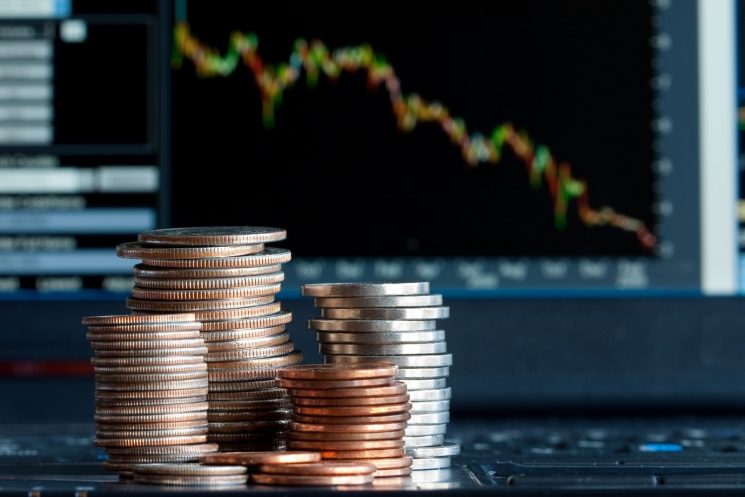There are many risks involved in financial trading, and the mark of a good trader is the ability to manage and minimise them. This applies just as much to protecting your account and activity from fraudsters, hackers, and thieves as it does to balancing your portfolio and navigating a volatile market. If, through your skill, judgement, and a degree of good luck, you’ve made a handsome profit after a day’s trading, the last thing you want to see is it disappearing because someone has managed to access your account illegally.
The cost of having your account hacked may not just be the loss of money from that particular account. Thieves are also after your personal details so that they can steal your identity. They may use this information to access your bank account or other websites you use. They may sell on your details, possibly leading to your online identity being used and implicated in further criminal operations. That’s why it’s essential to keep your account and trading activity safe, by using fraud detection tools where necessary, and following the steps below.
Avoid public computers
Don’t log onto your account on a public computer or one that another person also uses. Even if you’re just looking at the latest share trading news, make sure to delete all temporary internet files and clear your history after you log out. For that matter, always be sure to log out properly!
Even if you’re using your own device, try to avoid connecting via a public network. Anyone else logged on to the same network may be able to see what you’re doing and exploit your personal data. If you’re using a device in a public place, the risks can be as straightforward as someone looking over your shoulder to steal your password or other information.
Choose your broker wisely
Even if you follow best practices on your computer, your account and personal details are highly vulnerable if you’re trading via a dodgy broker. Look for United Kingdom brokers that are approved and licensed by an appropriate body. In the UK, that would be the Financial Conduct Authority (FCA). A legitimate broker will display its credentials openly as it obviously wants to earn the trust of clients. If you can’t see any sign of approval, assume that it is unlicensed and avoid it accordingly.
You should also read independent, unbiased reviews of broker sites and check their history. Always read the small print, especially to find out what security measures are in place and who is responsible if your account is compromised. Do they have a helpline? What steps should you take if you notice something suspicious?
Check and double-check
As well as being fully authorised, the broker site you use should be encrypted. There are two main things to check whenever you log on. The address should start “HTTPS” rather than just “HTTP”, and a closed padlock symbol should precede it. Clicking on the padlock should reveal the site’s security certificate. The name of the site the certificate is issued to should be the same as the site you think you’re on.
The reason for double-checking is that fraudsters can spoof a site, creating a near-replica that even appears to have the same address with a fake padlock. This is especially important if you’ve reached the site via a link sent to you in an email, although as a rule, you should never click on links in emails. Always copy them to your browser instead, as even though they appear legitimate, it could be a case of phishing.
Cybersecurity basics
It should go without saying that you should always follow cybersecurity basics like choosing a strong password, preferably randomised, and changing it regularly. Don’t use the same password on different sites. Trade behind a firewall with a private connection. You may want to consider adding a VPS server and trading on that so that your account info isn’t stored on your computer.
Practise good computer hygiene by making sure you’re free of viruses, malware, spyware and so on. Make sure you’ve downloaded the latest security patches and have robust, up-to-date anti-virus software. Scan regularly and keep your PC clean by not clicking on dubious links or pop-ups, whether online or in an email.
Financial trading is no riskier than any other online activity, except that there may be significant sums of money involved. Don’t be put off but take all the recommended precautions, and don’t be tempted to cut corners. Fraudsters are always on the lookout for their next victim: make sure it isn’t you!





